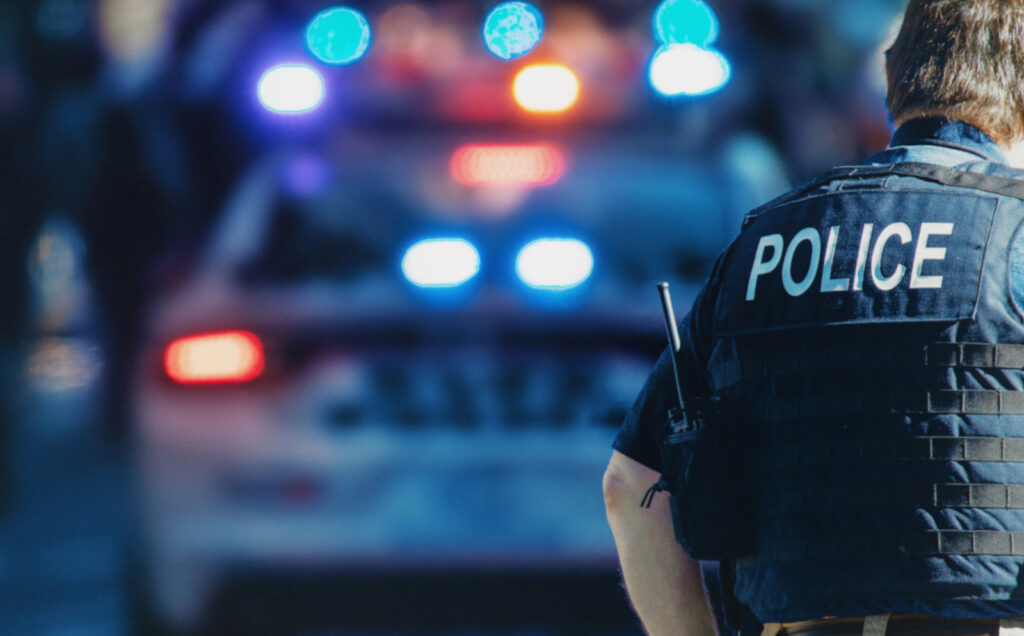By Jeffrey A. Roberts
CFOIC Executive Director
A lawsuit challenges the Boulder Police Department’s insistence that a news organization pay the city nearly $3,000 to get video of a 2023 fatal shooting of a 51-year-old woman by officers.
Yellow Scene Magazine requested the body-worn and dash-cam footage under Colorado’s Law Enforcement Integrity Act, passed in 2020 following the killing of George Floyd in Minneapolis. The law does not have a fee provision, and it sets a timetable for the required release of unedited video and audio recordings of incidents “in which there is a complaint of peace officer misconduct.”
Yet Boulder police refused to promptly release video from the Dec. 17, 2023, shooting of Jeanette Alatorre near the North Boulder Recreation Center, according to a complaint filed in Boulder District Court on Wednesday, and it demanded payment of $2,857.50 from Yellow Scene before it would make the footage public. The police department initially quoted lawyer Dan Williams, who represents Yellow Scene, $8,484 to review the video before releasing it, the lawsuit says.

“When told that the request was brought under Section 902(2)(a), which does not authorize charging fees of the requestor prior to releasing the video to the public, Boulder still refused to release the video,” it adds.
In emails made available to the Colorado Freedom of Information Coalition, Boulder police communications specialist Sara Guile told Yellow Scene managing editor Austin Clinkenbeard that video and audio from body-worn and dash cameras are criminal justice records, as defined by the Colorado Criminal Justice Records Act, because they are made, maintained and kept “for their use of functions required or authorized by law or administrative rule.”
Pursuant to a provision in CCJRA, she wrote, “we are authorized to assess fees, not to exceed actual costs, for the search, retrieval, and redaction of criminal justice records.” The Law Enforcement Integrity Act “does not change the body worn camera footage to something other than a criminal justice record. Such footage is still subject to the assessment of fees under C.R.S. 25-72-306(1).”
“Unfortunately Yellow Scene does not have the funds to pay for the release,” Clinkenbeard responded.
Yellow Scene’s lawsuit points out that CCJRA allows a law enforcement agency to charge fees for the search, retrieval and redaction of criminal justice records “pursuant to this part 3” of the statute. “Yellow Scene Magazine’s request was not made pursuant to Part 3 of the CCJRA but instead was made pursuant to Section 902(2)(a) of the Integrity Act,” it says. “Boulder nevertheless insists that CCJRA § 306 authorizes it to demand thousands of dollars prior to publicly releasing video requested pursuant to the Integrity Act.”
Prior to the enactment of Senate Bill 20-217 and the July 2021 effective date of body-worn camera footage provisions in House Bill 21-1250, local law enforcement agencies could treat body-cam and dash-cam footage like other criminal justice records. Footage or portions of footage could be withheld or redacted if an agency determined disclosure would be “contrary to the public interest.”
Under the 2020 law, all unedited video and audio recordings of incidents “in which there is a complaint of peace officer misconduct … through notice to the law enforcement agency involved in the alleged misconduct” must be released to the public no later than 21 days after a request is made. An agency can delay the release of video until 45 days from the date of an allegation of misconduct if the video “would substantially interfere with or jeopardize an active or ongoing investigation.” A prosecuting attorney must explain in writing why the delayed release is justified; that statement will have to be released to the public when the video is released.
The lawsuit also alleges that Boulder police further failed to comply with the law by “releasing on its website highly edited and narrated excerpts of BWC footage from high-profile critical police incidents to promote the Boulder Police Department’s self-selected narrative. In doing so, Boulder seeks to shield its police from public scrutiny by creating a curated narrative to suit the city’s interests rather than allowing unedited footage to expose the truth regarding its police officers’ actions.”
Follow the Colorado Freedom of Information Coalition on X (formerly Twitter) @CoFOIC. Like CFOIC’s Facebook page. Do you appreciate the information and resources provided by CFOIC? Please consider making a tax-deductible donation.




